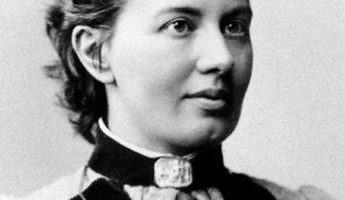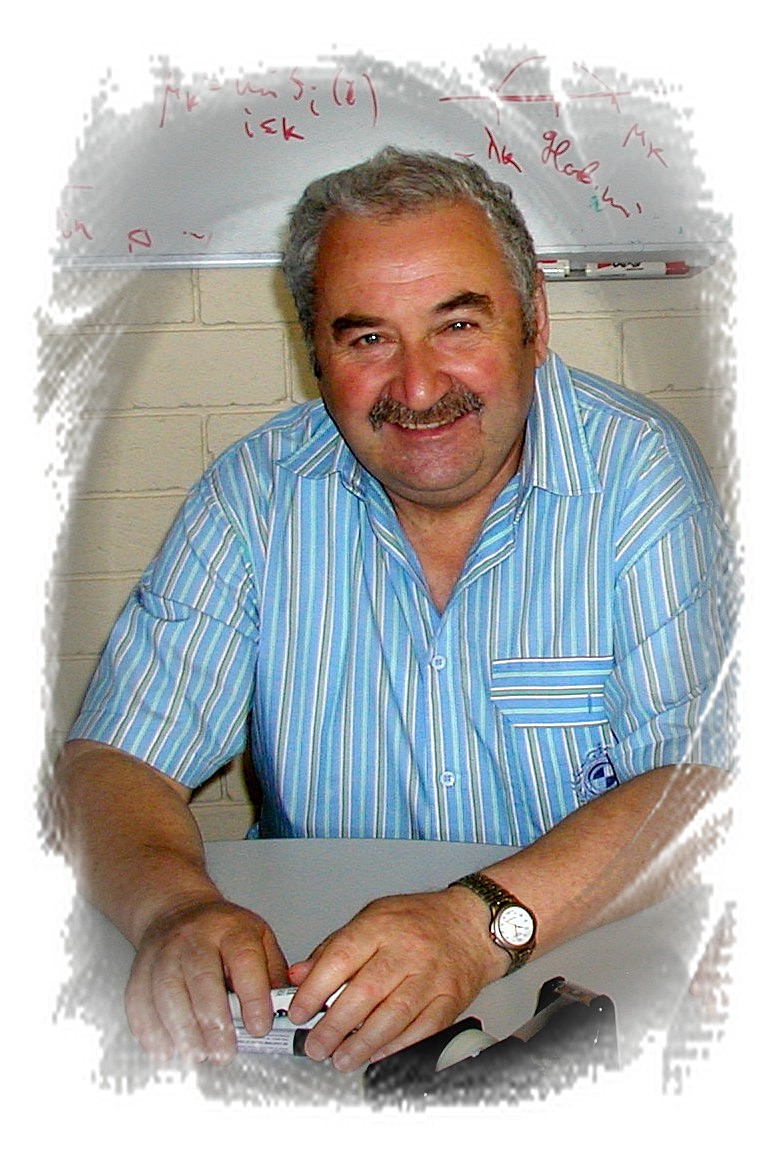
Kovalevskaya grants for Early Career Researchers to attend the upcoming the International Congress of Mathematicians (ICM) in Saint Petersburg
The Australian Mathematical Society is calling for applications to the Kovalevskaya grants scheme.
Kovalevskaya grants are aimed at early career mathematicians to support their attendance at the International Congress of Mathematicians, to be held in Saint Petersburg on 6-14 July, 2022.
Upon submission of receipts, each successful applicant will receive an amount of $1,500, to be used towards travel to and from Saint Petersburg. Additionally, the local organisers will waive registration fees, provide meals and accommodation in Saint-Petersburg for the duration of the congress, cover local transportation costs, and arrange for visa-free entrance into Russia.
For more information please refer to this file
